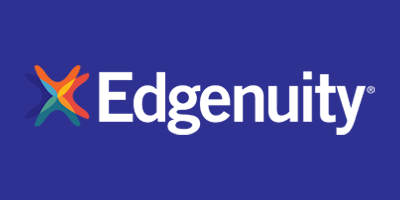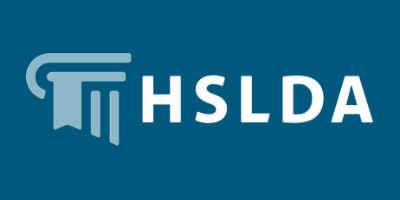Virginia Homeschool Information
—Homeschool In Virginia—
Homeschooling in Virginia




Find Out What the State Says About Home Education

Virginia Homeschool

🙏 Religious Exemption
Families with deeply held religious convictions against state-run education may file for exemption, but this route is strict and can be difficult to obtain. Approval is at the discretion of the school board.
💡 Additional Notes
-
Kindergarten: Not mandatory until age 5 (can delay until age 6 with notice).
-
High school diplomas: Parents issue their own diploma upon completing high school-level coursework.
-
Special needs: No IEP services are guaranteed, but some services may be available through local districts.
Virginia School K-12 School Choice

🏡 3. Homeschooling & Tax-Advantaged Accounts
-
Coverdell ESAs:
Families can use these (up to $2,000/year) for K‑12 public or private school tuition/tutoring etc. However, homeschooling is not eligible in Virginia because it’s not officially classified as a “private school” -
529 Plans:
At the federal level, K‑12 private school is allowed, but Virginia homeschooling expenses currently aren’t eligible. A federal proposal may change this nationwide, but it hasn’t passed yet . -
Local Grants:
Anecdotal reports indicate some families qualified for K‑12 Learning Acceleration Grants—$1,500 or $3,000 per child (≤ 300% poverty level), possibly usable for homeschool—but these are not part of a universal statewide program and appear tied to specific income-eligible grants free
Virginia K-12 Scholarship Summary
Here’s a detailed summary of Virginia’s school choice landscape, including funding options for private school or homeschooling:
🎓 1. No Statewide Universal ESA Yet
-
Past proposals in Virginia (e.g., Glenn Davis’s PCESA and other ESA-style bills) have been introduced since 2022. These aimed to give parents ~90% of public per-pupil funding (~$6,000 +) via an Education Savings Account to spend on private school, tutoring, homeschool curriculum, testing, etc.
-
However, all these bills stalled in the legislature—either dying in subcommittee, being “passed by indefinitely,” or vetoed by past governors—so no universal ESA has been enacted yet .
💰 2. Existing Private School Scholarships via Tax Credit
Education Improvement Scholarships Tax Credit (EITC)
-
Businesses (and individuals) can donate to approved scholarship foundations and receive a 65% Virginia tax credit (up to $50,000 for individuals; $25 million total annually)
-
These donations fund scholarships that families (≤ 300% of poverty level or with disabilities) can use toward private school tuition at accredited K‑12 nonpublic schools in Virginia
Neighborhood Assistance Act
-
Offers additional 65% tax credit for donations to neighborhood orgs aiding low-income or disabled students
Impact:
-
This is a demand-side, business-funded model, meaning the state doesn’t directly allocate public funds for private school tuition programs, but encourages private donations via tax incentives .
Homeschool Resources for Virginia
Homeschooling has been part of education for centuries. In earlier times, it was simple to begin without worrying about rules or oversight. Today, however, homeschooling regulations vary by state, and some families may find it more challenging to get started. That’s why NFC Academy provides helpful state-specific pages outlining homeschool laws—to guide and support you as you begin your journey.
In areas with stricter requirements, having reliable support is important. Organizations like the Home School Legal Defense Association (HSLDA) offer valuable legal guidance and protection, helping families stay informed and confident. With the right tools and resources, homeschooling can be a rewarding and manageable experience, no matter where you live.
Information on this page is intended for informational purposes for homeschool families in the specific state. The information supplied does not, nor is it intended to, provide specific legal advice. For specific legal advice, we recommend you consult an attorney. Membership with Homeschool Legal Defense may provide legal information for your situation, but you may prefer a local private attorney to review your situation to provide specific legal advice.



